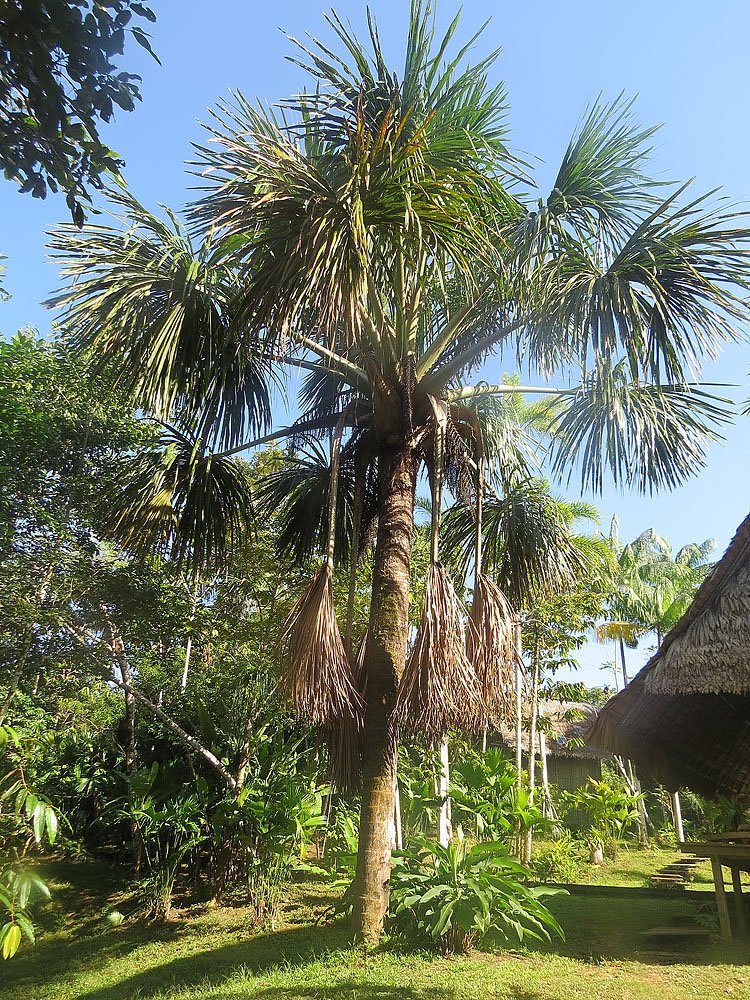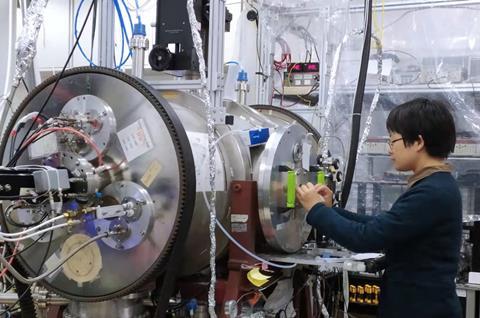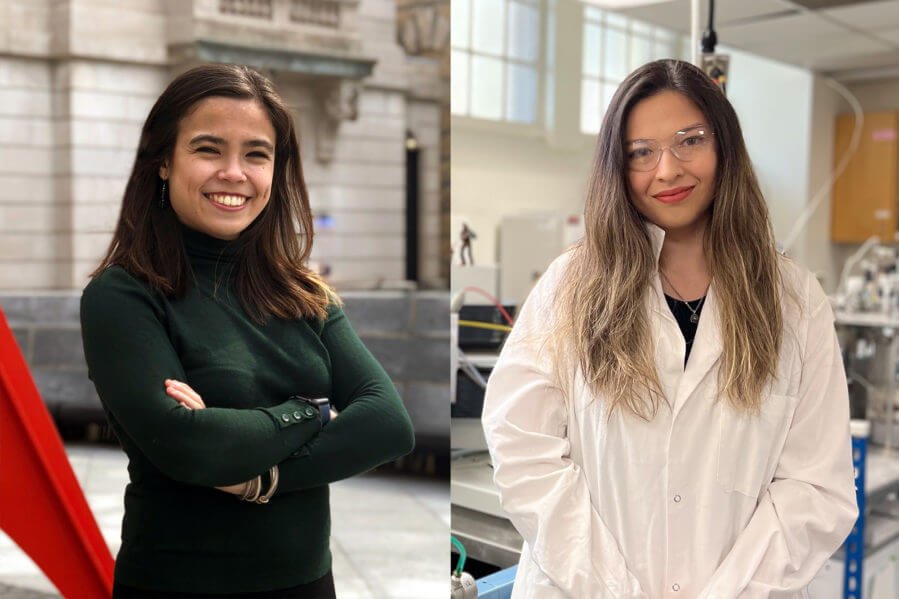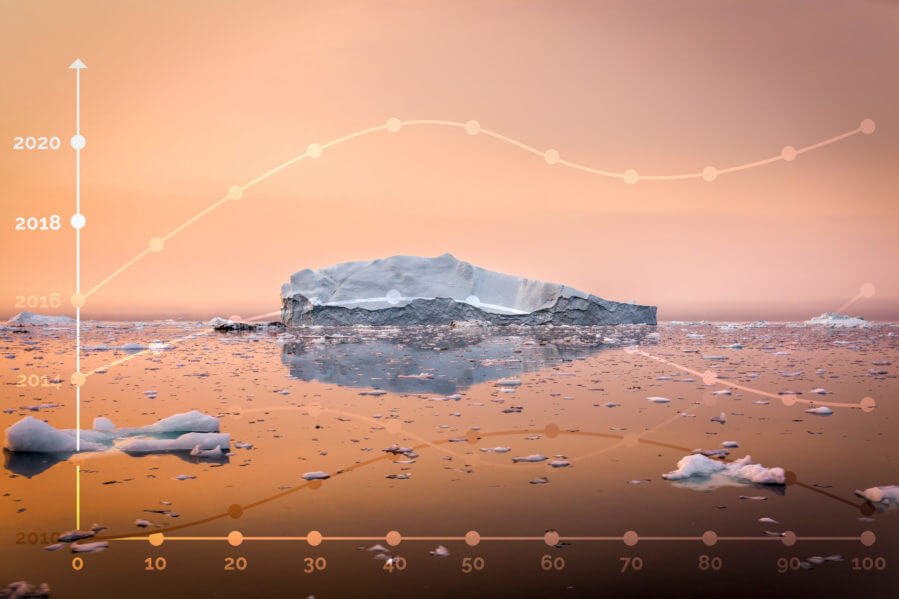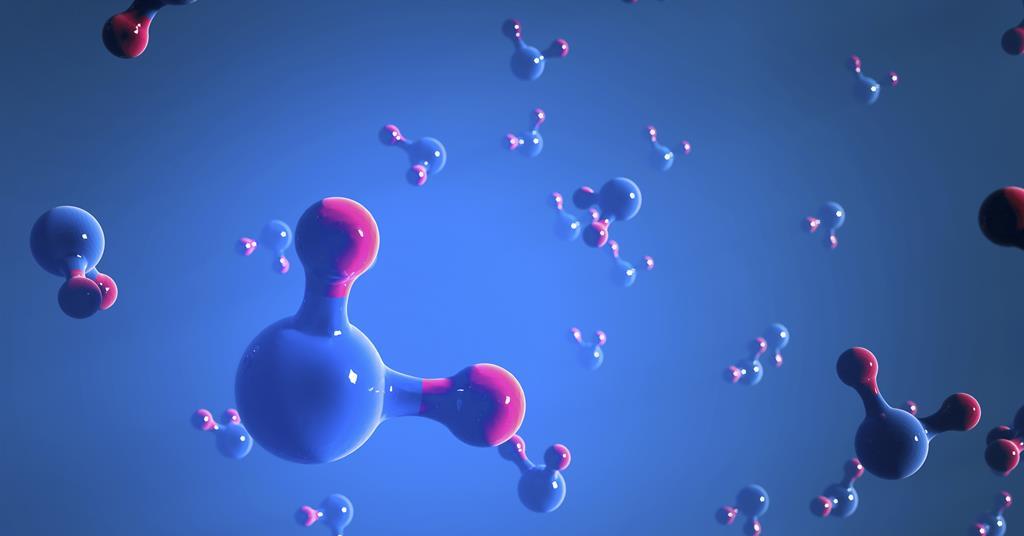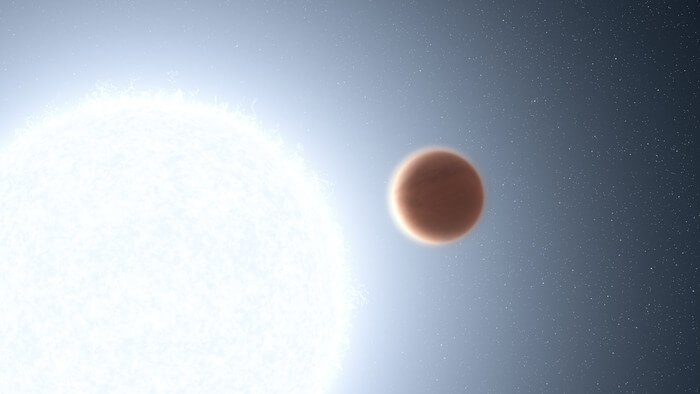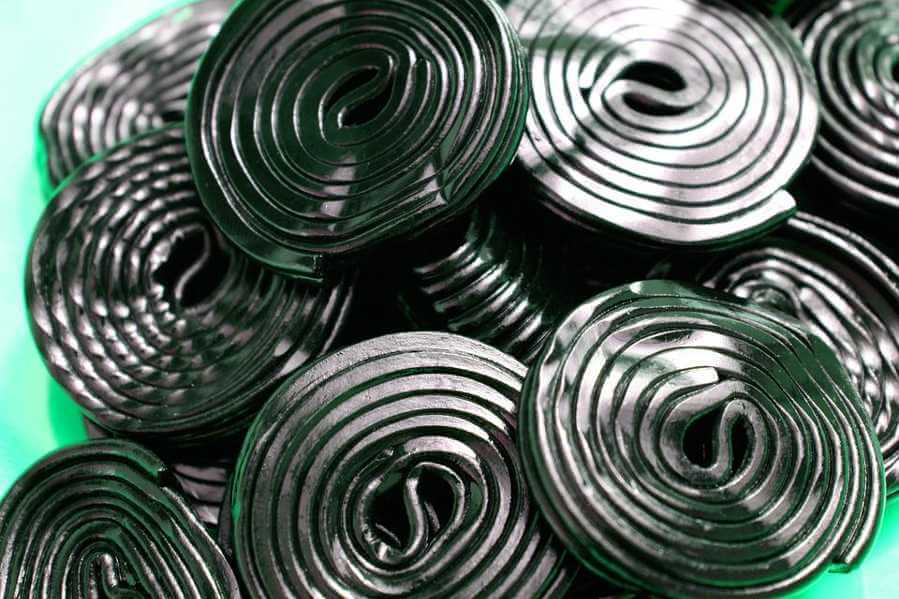Across lowland peatand flooded woodsyou sway,rounded crownspiercing canopieswith chestnut orbsthat flicker in the sun.Juices,jams,wines,ice creams,roofs and carpets,lanterns,dreams.How many thingsconnectedwith your existence.We cut you downwith extreme prejudice,severing the rootsthat bind all thingsto this land.Wistfully you whisperthat if we wouldonly holdour bodies close,then your treasureswould be oursto keep. An example of the moriche palm from Calanoa Lodge […]
Read More